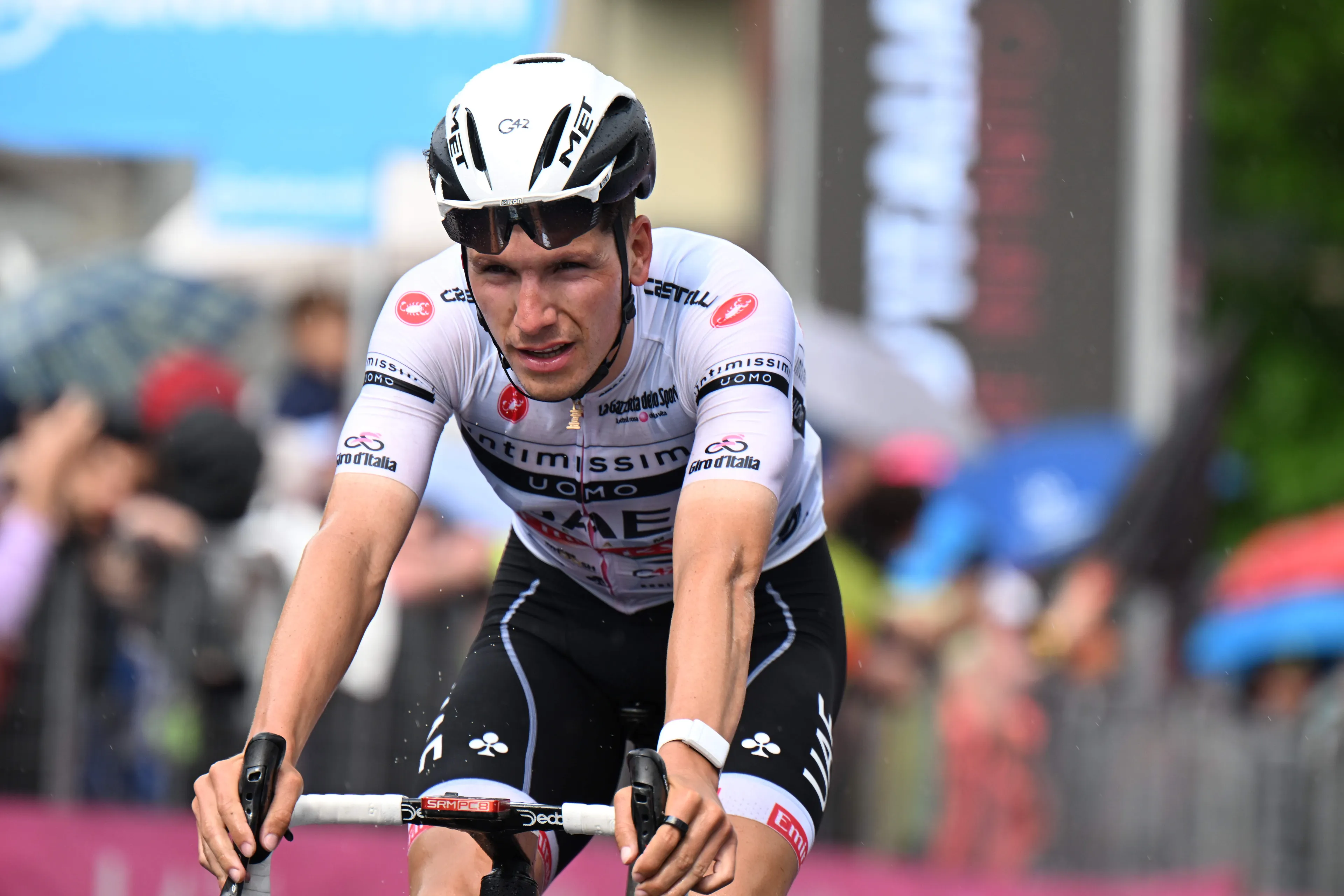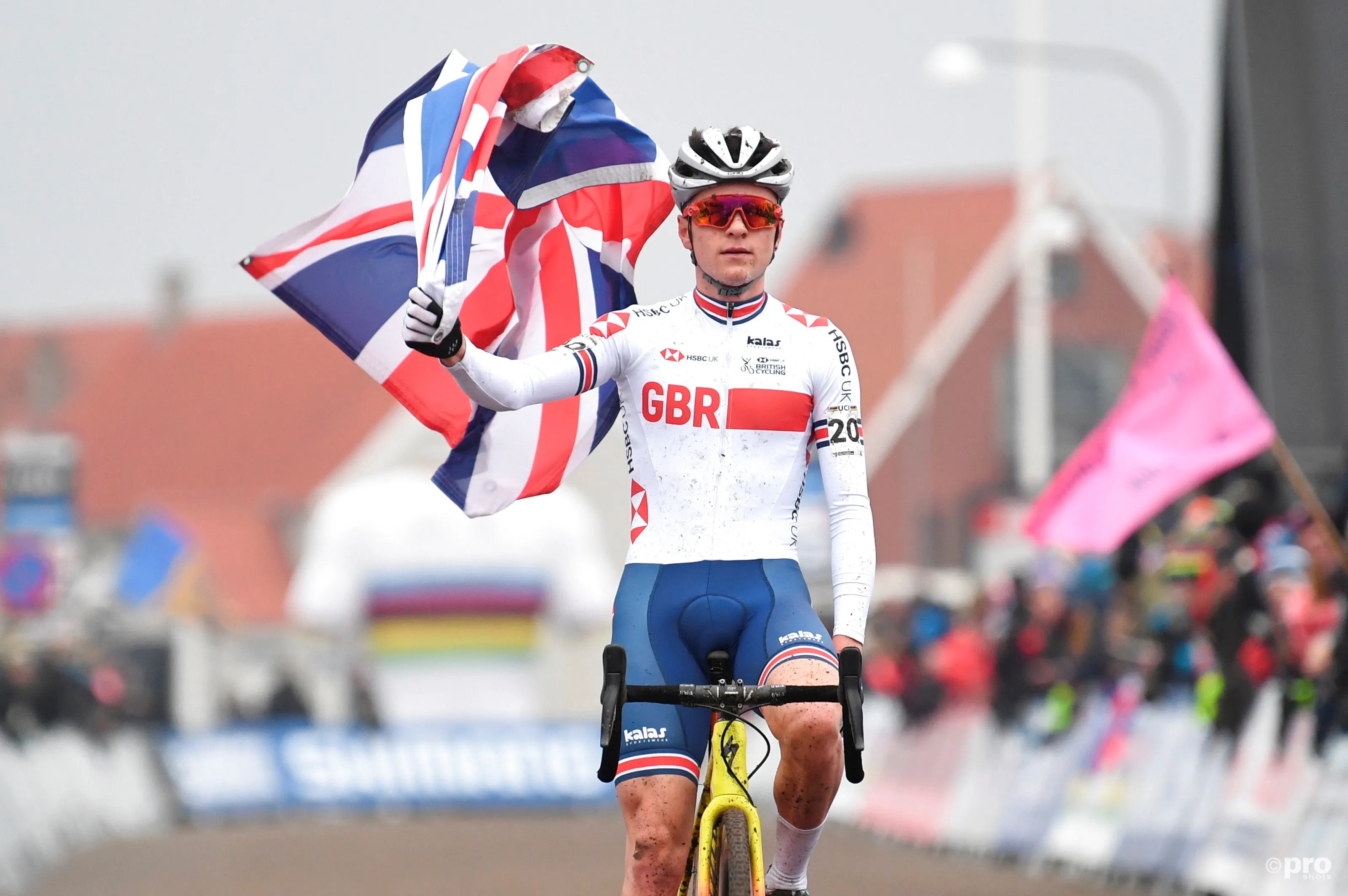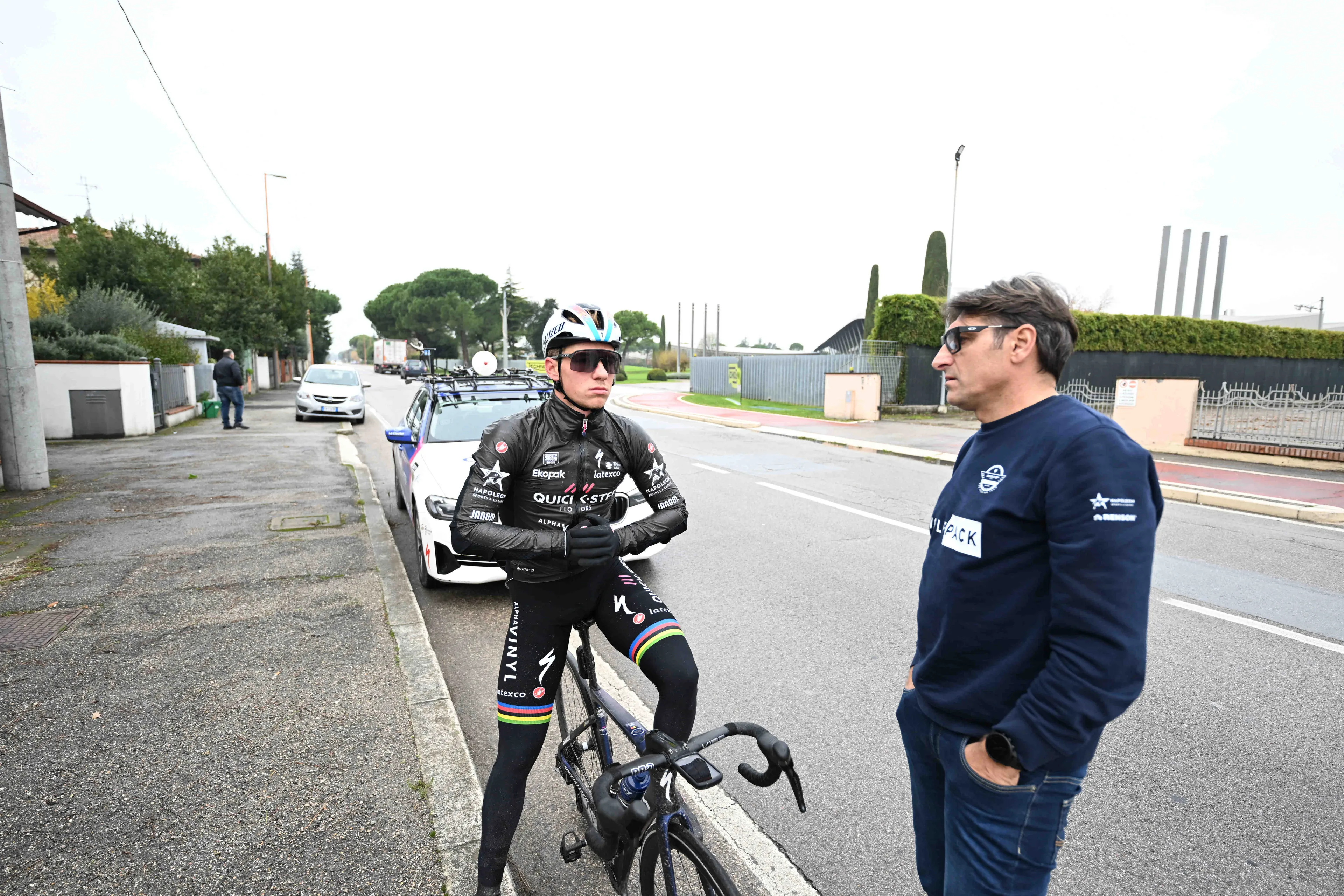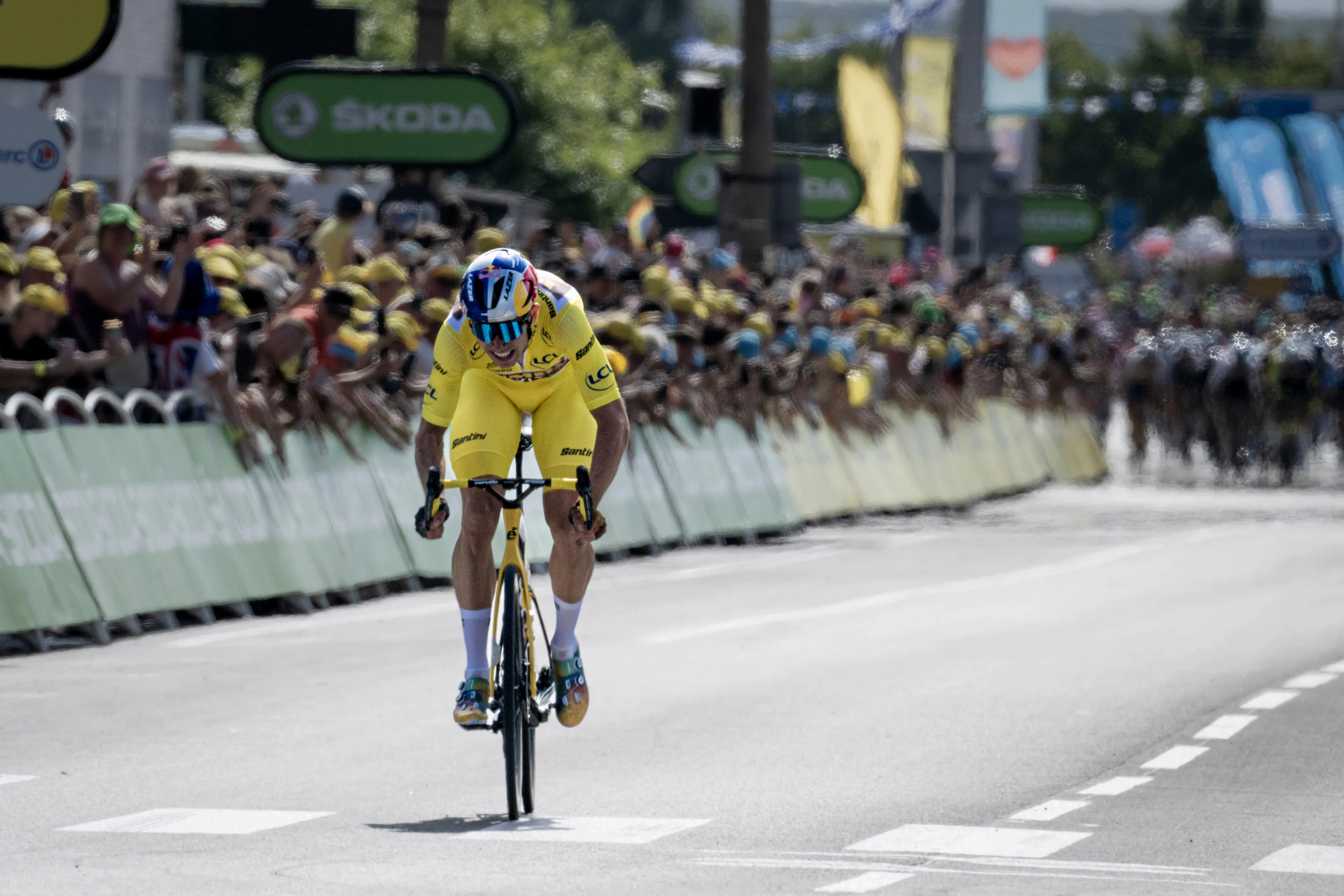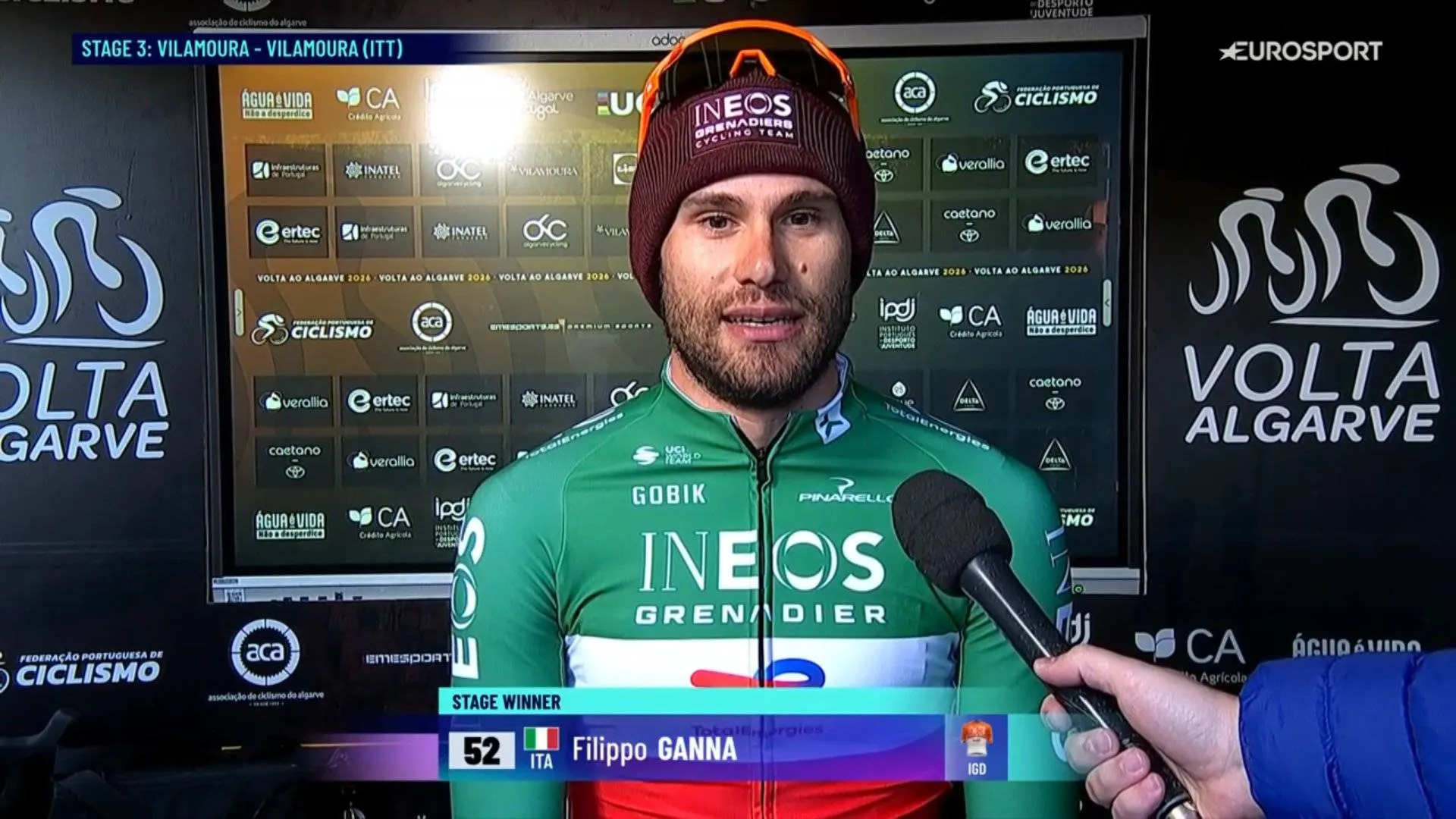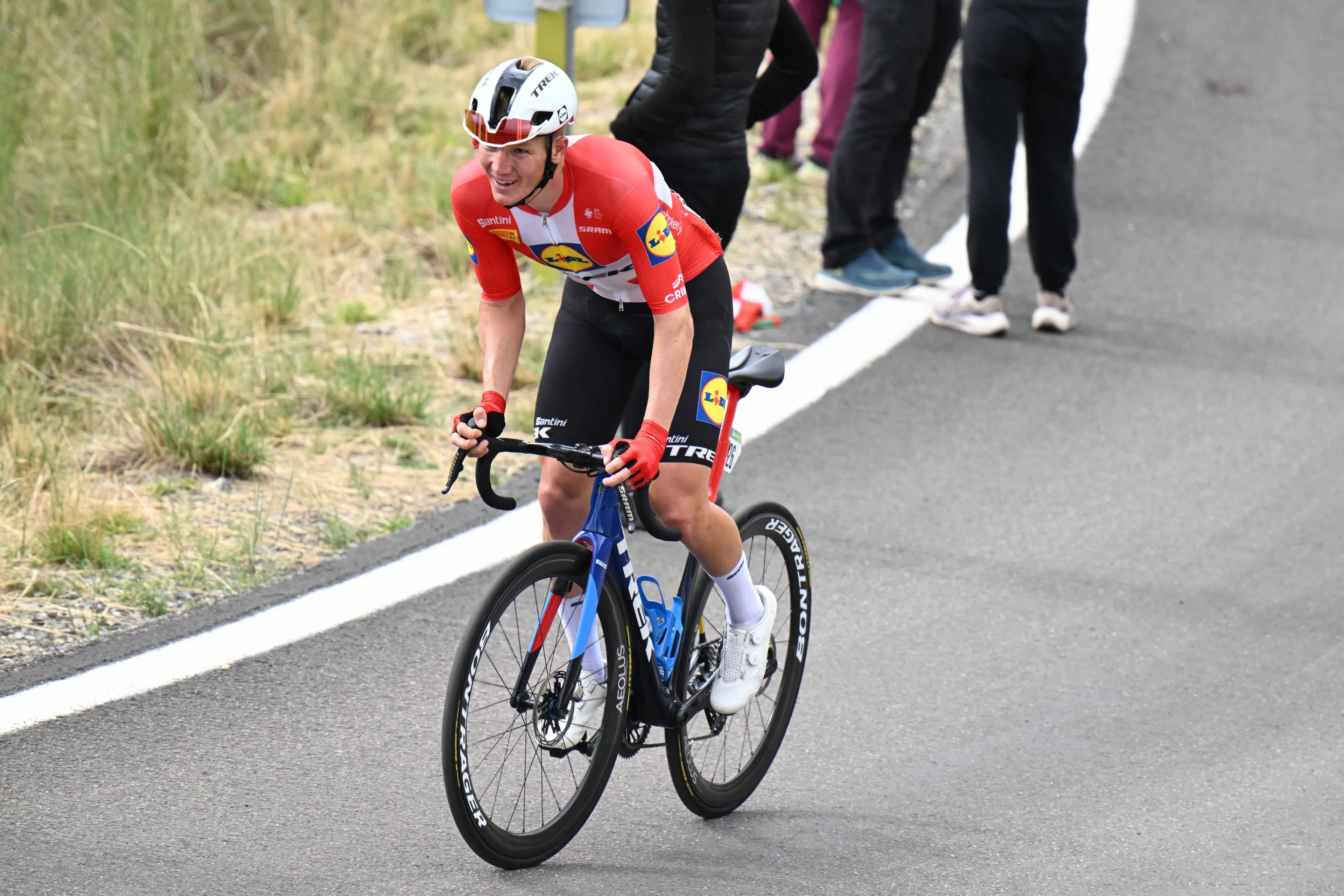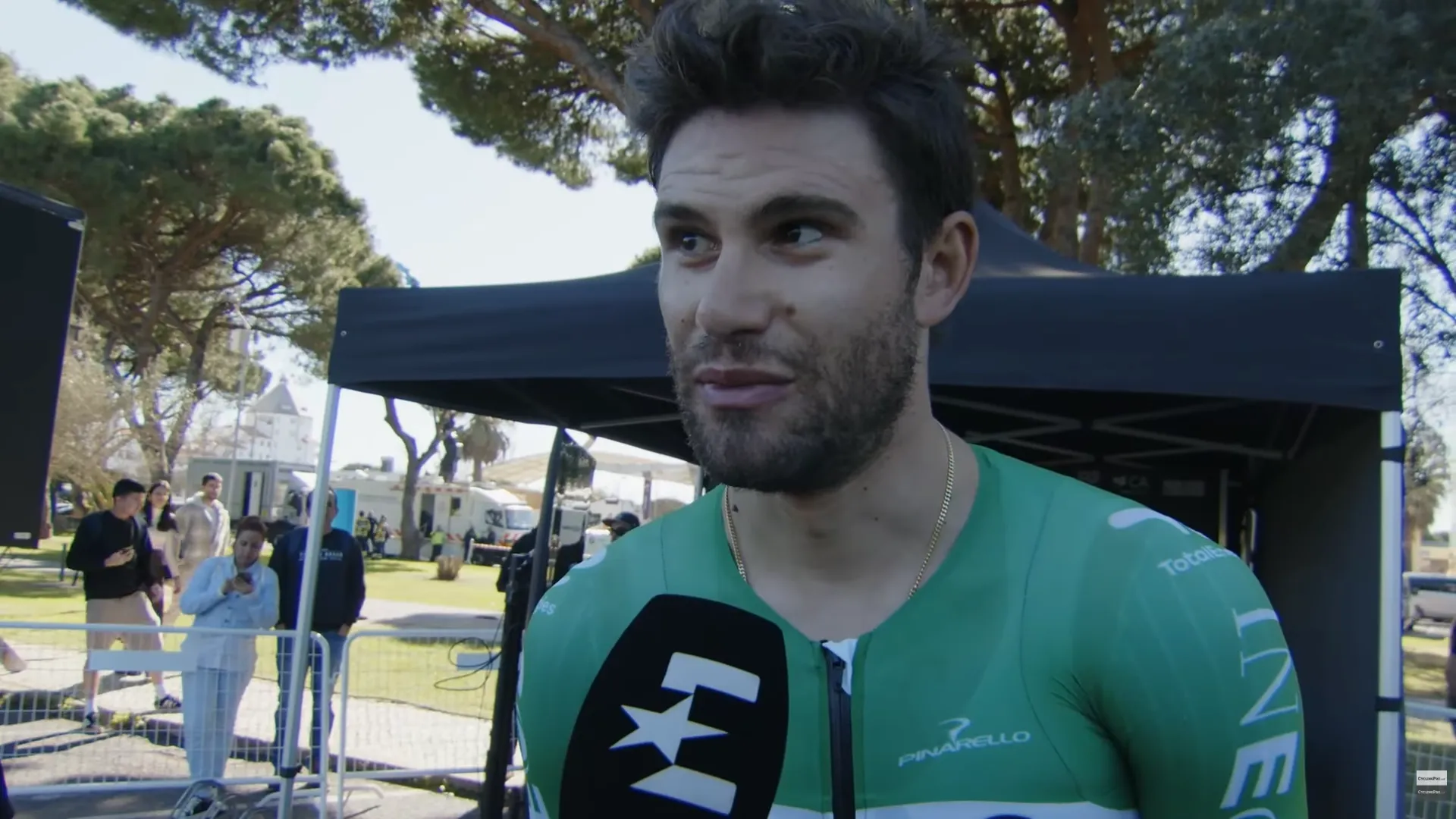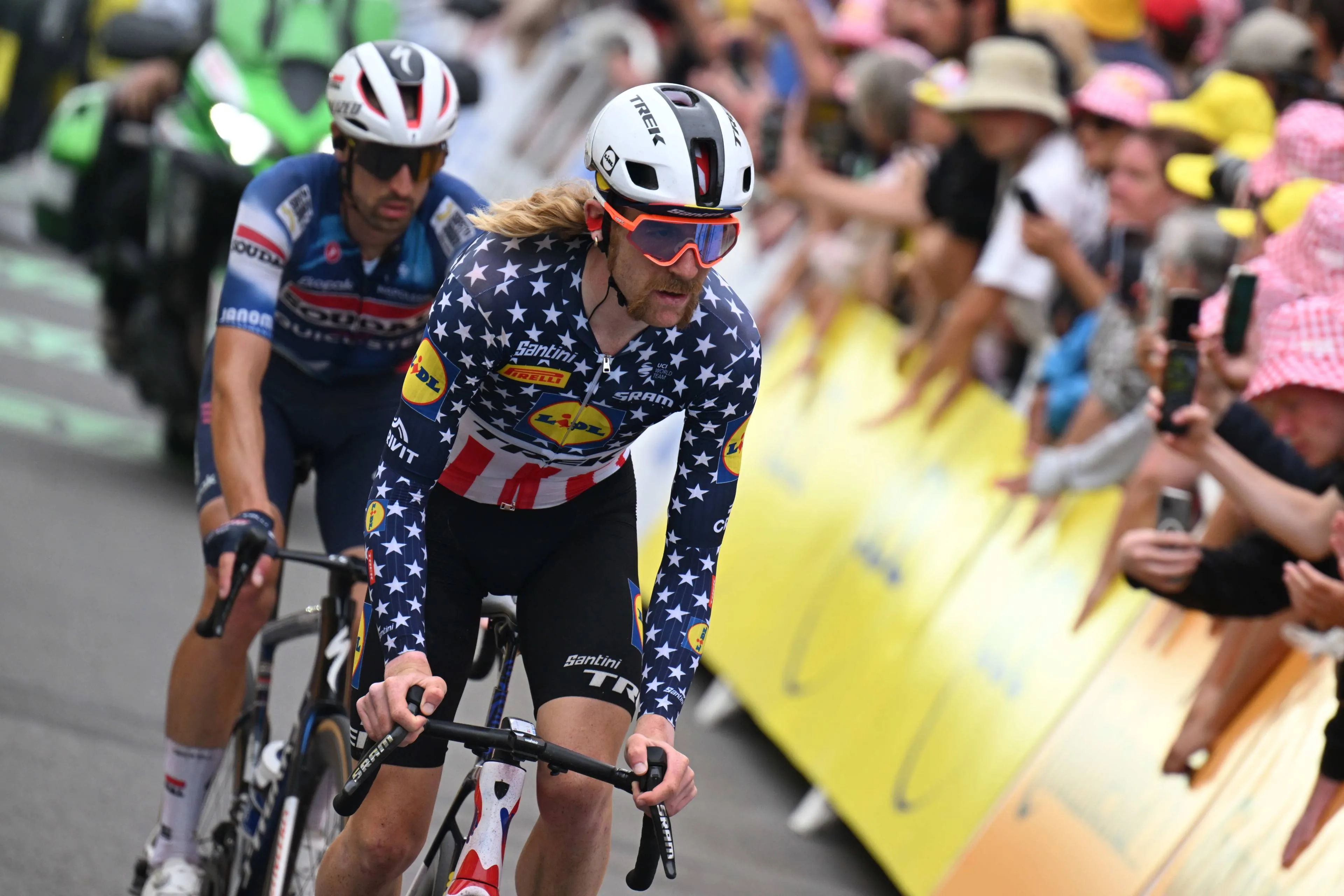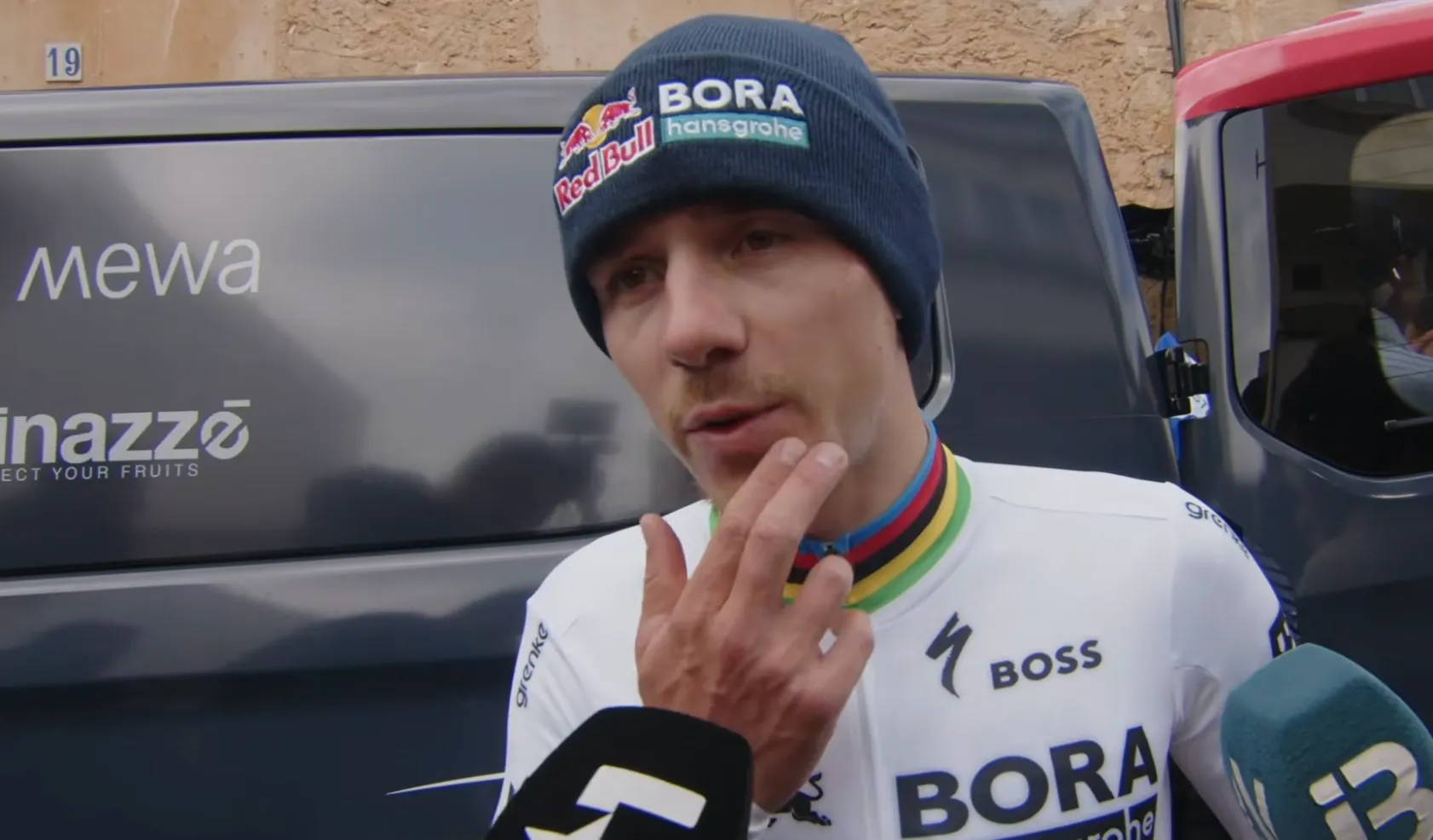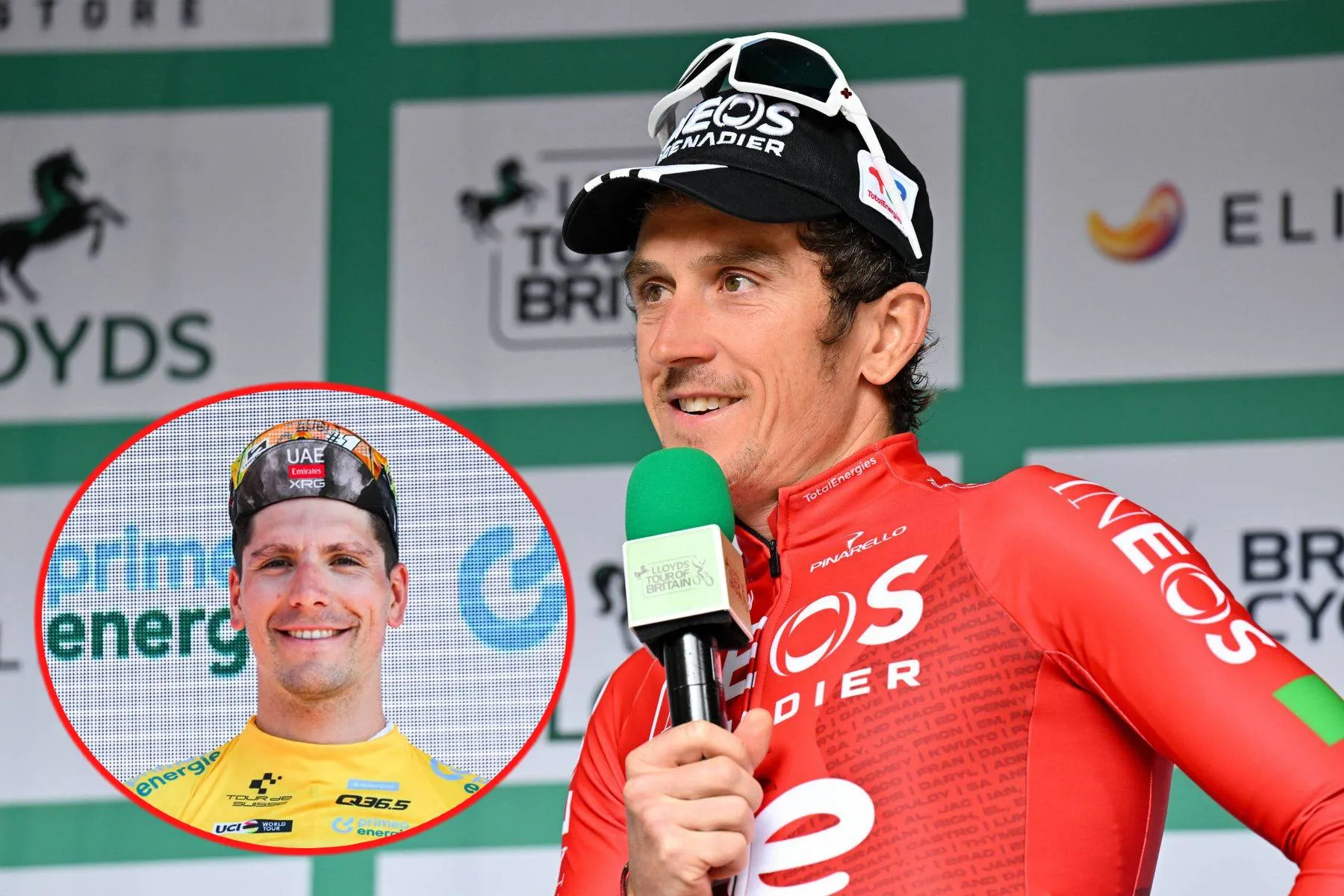"Everything has become a mathematical equation" - Richie Porte on new style of racing in peloton, and how Froome and Pogacar are "psychological beasts"
CyclingMonday, 26 December 2022 at 00:15

Richie Porte has retired at the end of last season and he has looked back on some factors of his career, specially looking into the style of racing over the years in the peloton and how it has changed.
"There are aspects of cycling that I won't miss. Cycling is a simple thing; you get on your bike and you turn the pedals. Now, it's as if everything has become a mathematical equation," Porte said in an interview with L'Équipe. "I was never one of those who looked at their power meter too much. I'm against all that."
Read also
"It was tiring to be on the bus and hear young riders talk about carbohydrate and protein levels. I've always been better when I've been a kilo above my supposed race weight, because I felt better;" he continued. With the surge in training methods, racing efficiency and the difference that little details make, cycling has in some ways - more specifically in the mountains - a game of numbers.
Porte was part of INEOS Grenadiers, a team that very much influenced this style of racing from 2012 onwards, however he admits that he was not too fond of it. "You can't deny the human element, the guy who's ready to fight. Take Froome at his best, or Pogacar, these guys are just psychological beasts," he said.
Read also
Nevertheless, Porte has had an incredibly successful career, becoming one of the most prominent stage-racers in the peloton. However he says that it would've been possible to have raced better in the Grand Tours. "Probably, yes. I didn't win a Grand Tour for one reason or another, maybe because I let things affect me too much, maybe I paid too much attention to what people thought of me. I never had the 'win or die' attitude. I like it when people respect you."
"I always had big doubts about my abilities, that's the way I am, I have quite low self-esteem, I never saw myself as one of the best, but when the die was cast, the race was on, and I didn't think too much, I was a pretty good competitor," Porte continued.
Read also
He's talked about someone who is somewhat of an idol in the peloton: "I admire someone like Thibaut Pinot because he's without doubt like myself. Both of us don't like critics, it gets on our nerves, but I never did cycling so that people would like me."
"I never liked social media or sponsorship obligations. That was the worst for me. I stayed friends with everyone at Sky/Ineos. There was still a human side to the team, but I was never the type to weigh my food. If I wanted a burger and a beer, I wasn't going to deprive myself," the Tasmanian explained.
Read also
claps 0visitors 0
Just in
Popular news
Latest comments
- Total scandal how long this is taking and the resistance to it. I said something like this could happen and very luckily it was more a scare than ANOTHER tragedy. Not sure it will change many people’s minds but I will be blaming them if tragedy does happen. FFS there’s ZERO disadvantage to carrying one of these, especially if its weight gets incorporated into the minimum allowed. NOBODY questions the wearing of helmets anymore and few remember the pointless resistance to that.Mistermaumau20-02-2026
- Time will tell. He did have his best year by far last year, so I am a bit reluctant to call him yesterday's man quite yet.mobk20-02-2026
- complete joke with the lead motorcycles on this TT, Jaun had the best driver for first 2 minutes maybe more at 10 bike lengths ahead.jad2920-02-2026
- Another unbelievable excuse came during the Giro dell'Emilia'24. He claimed something got in his eye, then he couldn't finish. My friend from Bologna was in the crowd and told me he was crying with frustration (Pogacar dropped him on the climb to San Luca). Remco's problem is that he refuses to be "just" a great champion; he wants to be Mertz or more than Mertz
 maria2024202420-02-2026
maria2024202420-02-2026 - I’m afraid Almeida’s time has come, and gone. He’s had chances to win more but with the strength of the new crop of youngsters, there’ll be little left for him to pick up. He’s just a slightly more aggressive Sepp Kuss, born to assist.Mistermaumau20-02-2026
- Just as circumstantial as market manipulation by the too big to shut ups these days. There’s are only very limited resources to follow up everything and so more and more people realise the risk isn’t that highMistermaumau20-02-2026
- Mediocre TT for Almeida relative to his usual. Seixas definitely proving he is the real deal here.mobk20-02-2026
- It does not take a genius to know that the intended recipient is Soler but again evidence is circumstantialabstractengineer20-02-2026
- The aircon in his room was not working but it was working in the other teammates rooms right. The team would give the lesser rider that room while Remco their leader, their savior slept peacefully in the arms of the aircon. Sometimes the excuses beggar beliefabstractengineer20-02-2026
- Top 6-10 for him is more realistic than podium but well see if he can stay on the favourites atop double Alpe d'Huez ascent.
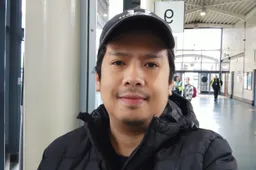 James2631820-02-2026
James2631820-02-2026
Loading
Write a comment
